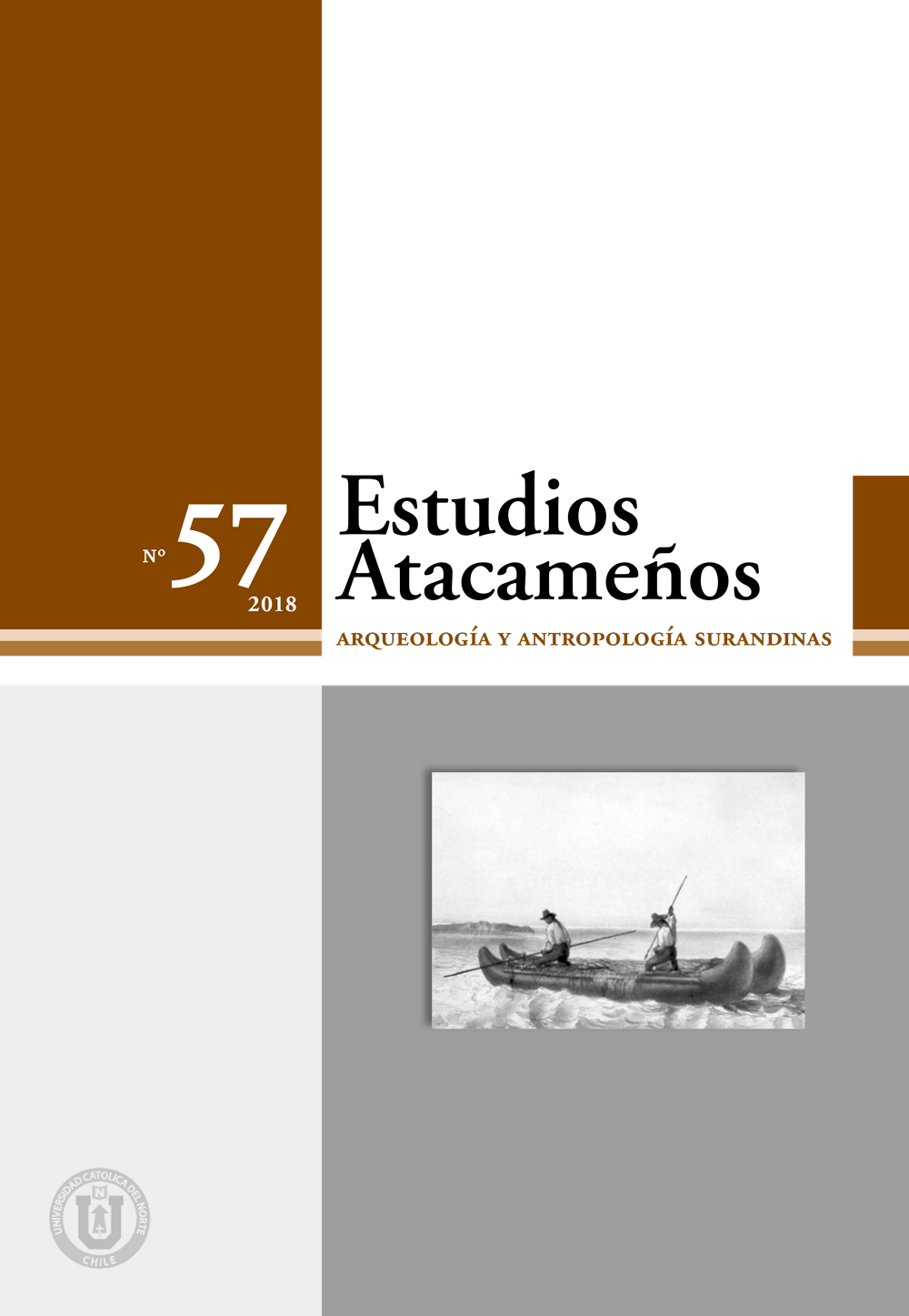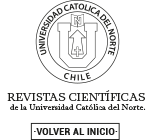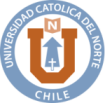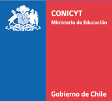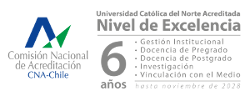Oportunidades desiguales:
empresas y Estado en conflictos sobre la minería en Chile
Resumen
Este artículo analiza variaciones significativas entre dos conflictos en torno a la minería en Chile con respecto al grado, la escala y los resultados de las contiendas: los conflictos en Chañaral, donde la empresa estatal Codelco opera, y en el valle del Huasco (Pascua Lama), donde una empresa privada transnacional está a cargo. En el primer caso la oposición contra
la minería es baja y aislada, y el Estado no responde a las demandas locales. En contraste, el proyecto Pascua Lama motivó protestas a gran escala, obtuvo apoyo nacional e internacional y logró que el Estado actuara en beneficio de las demandas locales. Tres factores explican estas diferencias: primero, el contexto económico local, es decir, la dependencia que un determinado lugar tiene de la industria minera afecta el grado de movilización; segundo, la presencia de la empresa pública reduce tanto la disposición general de oponerse a la actividad minera como las oportunidades de multiplicar las escalas del conflicto. Además, el Estado tiende a proteger a las empresas públicas que proporcionan ingresos fiscales importantes. Por último, el origen de la empresa (nacional-transnacional) influye en la escala, así como en los resultados, de los conflictos mineros.
Publicado
Cómo citar
Número
Sección

Esta obra está bajo una licencia internacional Creative Commons Atribución 4.0.

Todos los trabajos publicados en Revista Estudios Atacameños (eISSN:0718-1043) están sujetos a una licencia Creative Commons Reconocimiento 4.0 Internacional
Los autores continúan como propietarios de sus trabajos, y pueden volver a publicar sus artículos en otro medio sin tener que solicitar autorización, siempre y cuando indiquen que el trabajo fue publicado originariamente en Revista Estudios Atacameños (eISSN:0718-1043).

